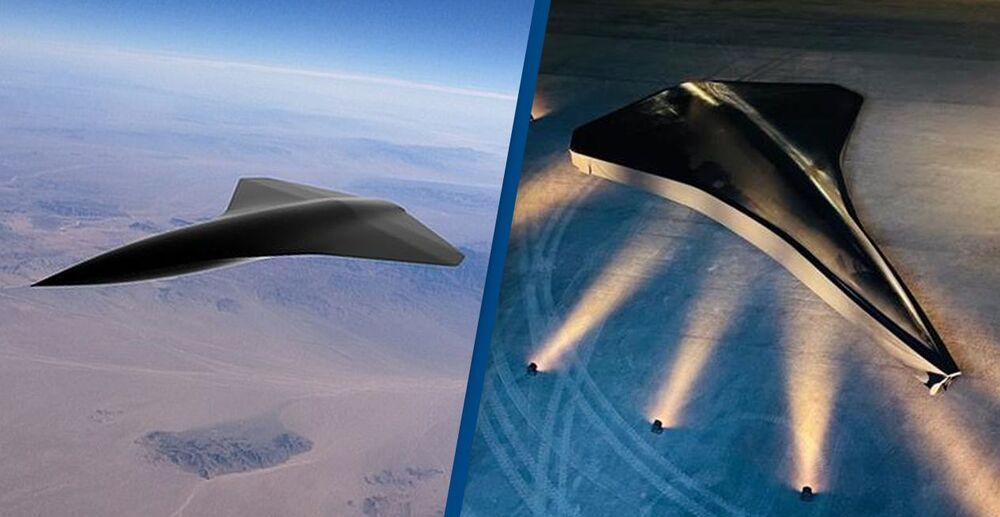Starship SN10 successfully launched and landed at SpaceX’s testing site in Boca Chica, Texas. However couple of minutes after the landing Starship SN10 exploded on the landing pad.
► SpaceX Starlink 17 Mission Launch!
Set Reminder: https://youtu.be/8lwkQOa1yvg.
► Live footage provided by LabPadre with permission!
https://www.youtube.com/c/LabPadre.
🔔 Subscribe for LIVE EVENTS ALERT — http://eepurl.com/hhh3Rv.
👕 Check out our T-Shirts & Hoodies Store!
https://cosmosapiens-store.myteespring.co/
► Astronaut Spacewalk Earth Views.





